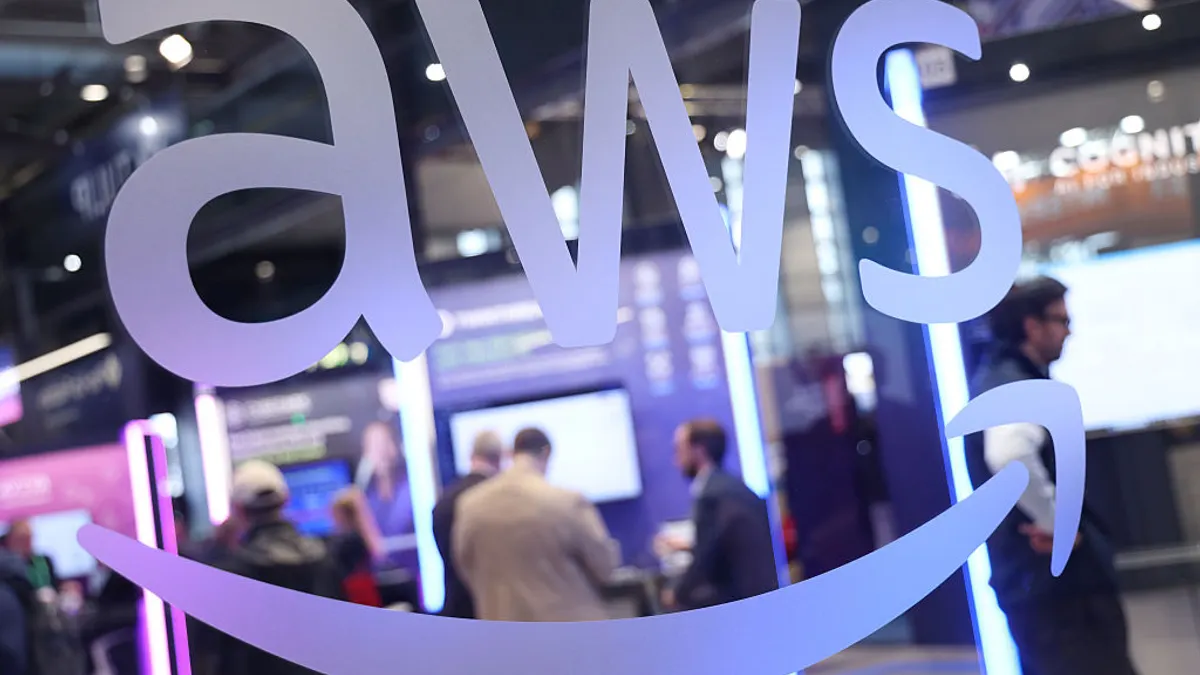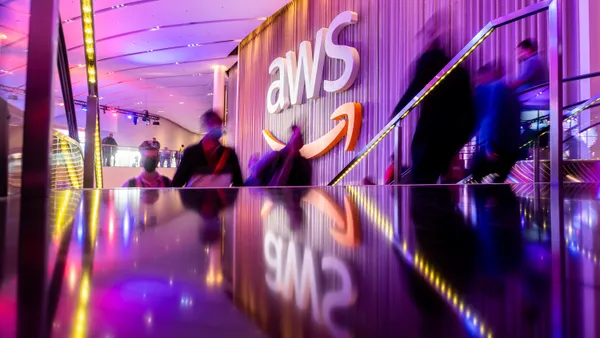Dive Brief:
- Business leaders are bulking up AI budgets with agentic capabilities — and their potential benefits — in mind, according to a PwC survey of 300-plus senior executives. More than one-quarter of respondents are planning for budget increases of at least 26% in the next 12 months.
- Nearly three-quarters of senior leaders believe the technology could give their company a significant competitive advantage in the coming year. Half of those surveyed said they believe AI agents will make their operating model unrecognizable in just two years.
- Early adopters are already experiencing measurable value. Two-thirds of executives said the technology has boosted productivity, and nearly 60% have saved costs. Other commonly cited benefits include faster decision-making, better customer experience and improved profitability.
Dive Insight:
Technology leaders are facing mounting pressure to show results from the nearly three-year spotlight on generative AI, and adopting agents has the potential to bring ROI at a quicker pace.
Companies that adopt agents will likely have mature data management practices and can lean on lessons learned from earlier iterations of machine learning and AI projects, according to Ilona Hansen, VP analyst at Gartner.
“When you are at this level — because you have already gained some experiences with artificial intelligence, generative AI and you want agents now — it becomes a self-runner because what you had with generative is now enhanced with agentic,” Hansen said.
More than half of companies are already using or plan to use agent-based tools in customer service; sales and marketing; and IT and cybersecurity, according to the PwC survey.
Enterprises are running into roadblocks along the way, however. PwC survey takers pointed to cybersecurity concerns, implementation costs and adapting employee skills to new roles as some of agentic AI’s biggest challenges.
Technology leaders will need to assess their organization’s risk tolerance and align use case pursuits with strategic priorities before pushing forward on implementation plans.
“The largest enterprises might be cautious about launching AI agents inside their organizations,” Katherine Kostereva, CEO of low-code platform provider Creatio, told CIO Dive, pointing to security worries. “Smaller companies have a little bit more flexibility, and they see it as a competitive advantage in their markets.”
Creatio, which serves customers of all sizes from regional credit unions to enterprises like Colgate-Palmolive, recently introduced its version of agents, called Twins. While CIOs have become more ROI-focused over the past five years, Kostereva said, they shouldn’t look to agents as a replacement for workers.
“It is empowering humans, and that’s the key message we are trying to deliver with twins,” Kostereva said.















